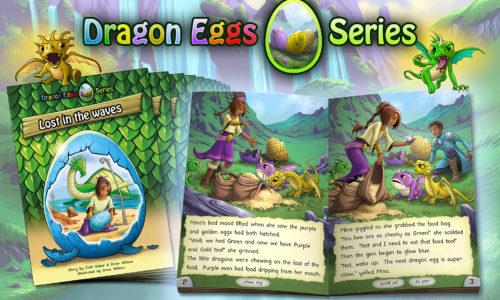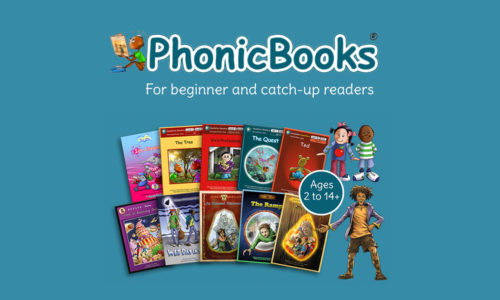
We know that phonological awareness is one of the 6 components of learning to read: phonological awareness – being able to identify sounds in words which includes syllables, rhyme, alliteration and phonemes. phonics – to recognise letters and combinations of letters that represent the 44 sounds of English fluency – ability to read with pace, […]
Read More



